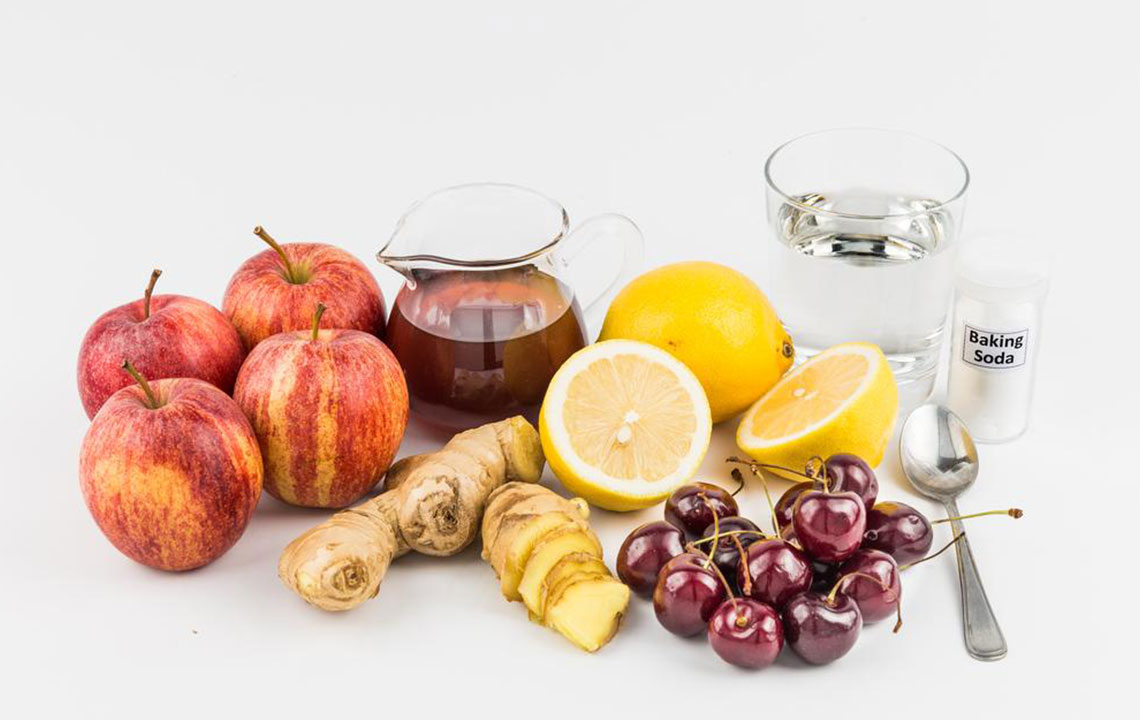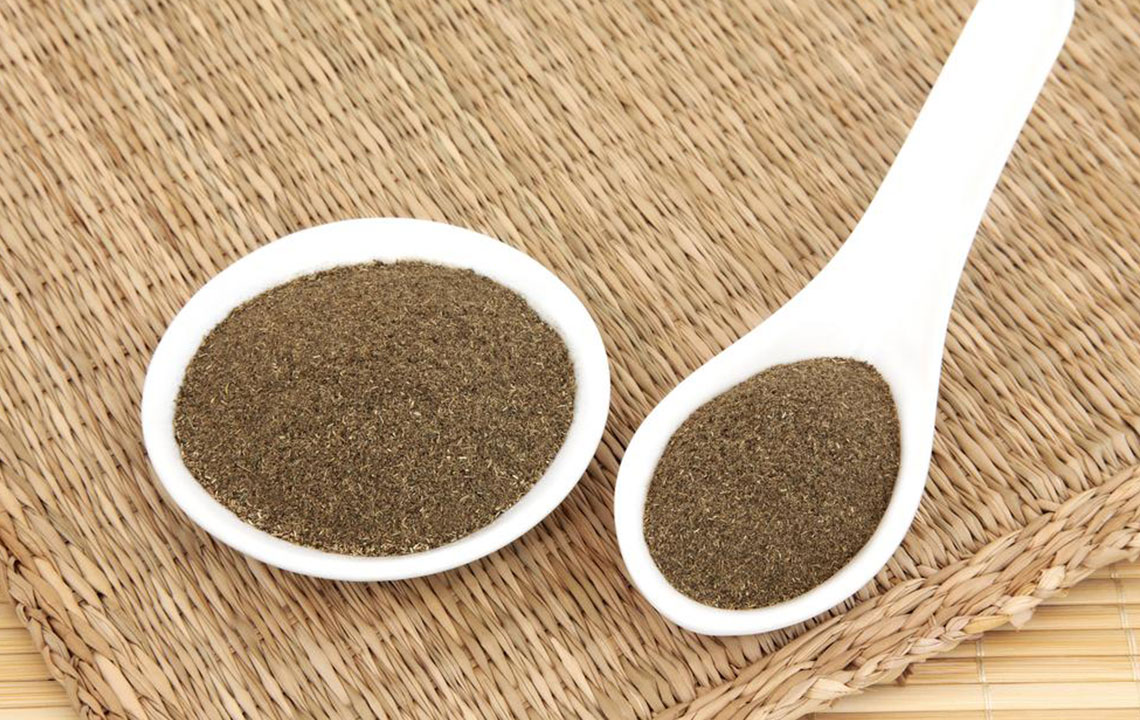Natural and Effective Strategies to Relieve Constipation Safely
Discover comprehensive natural remedies to effectively treat and prevent constipation. From hydration and dietary changes to probiotics and herbal solutions, this guide offers practical tips to promote healthy digestion, reduce discomfort, and maintain regular bowel movements safely. Perfect for those seeking safe, natural ways to support gut health and improve overall well-being.

Natural and Effective Strategies to Relieve Constipation Safely
In today’s fast-paced world, lifestyle habits and dietary choices have significantly affected digestive health. The surge in processed foods, high-fat meals, and sugary beverages has contributed to an increase in cases of constipation worldwide. This common digestive disorder, characterized by infrequent, difficult, or incomplete bowel movements, can cause discomfort, bloating, and more serious health issues if not addressed promptly. Fortunately, numerous natural solutions are available that can help restore normal bowel function without the need for medications or invasive procedures.
Understanding the root causes of constipation is crucial for effective management. Factors such as poor diet, dehydration, sedentary lifestyle, stress, age, pregnancy, and certain medications can disrupt normal bowel movements. Symptoms often include difficulty passing stool, excessive gas, bloating, and discomfort. In severe cases, constipation can lead to complications such as hemorrhoids, anal fissures, or even more serious health issues like intestinal obstruction. That’s why many seek safe, natural remedies to alleviate symptoms, promote gut health, and prevent recurrence.
Prioritize Hydration for Digestion
One of the simplest yet most effective natural remedies for constipation is increasing water intake. Proper hydration facilitates the smooth movement of waste through the digestive tract and helps maintain the softness of stool. Dehydration is a common culprit behind hard, difficulty-defecating stools. To determine your daily water needs, divide your body weight in half to estimate ounces of water you should consume each day. For example, if you weigh 150 pounds, aim for about 75 ounces of water daily. Besides water, consuming herbal teas and broths can also contribute to hydration and digestive health.
Start Your Day with Lemon Water
Beginning your morning with a glass of warm water infused with fresh lemon juice can do wonders for your digestive system. Lemon water acts as a natural stimulant for digestion, enhancing saliva production and stimulating the gastrointestinal lining. Rich in vitamin C and antioxidants, lemons also support detoxification, helping eliminate toxins that may linger in the colon. Incorporating lemon water into your daily routine can foster regular bowel movements and improve overall gut cleanliness.
Incorporate Healthy Fats with Olive Oil
Consuming a tablespoon of high-quality extra virgin olive oil on an empty stomach acts as a gentle natural laxative. Olive oil stimulates the production of digestive enzymes and lubricant, easing the passage of stool through the intestines. Its anti-inflammatory properties also soothe the gut lining, reducing irritation and promoting healthy digestion. Regular intake can prevent the onset of constipation and support overall gastrointestinal health.
Eat Magnesium-Rich Foods for Smooth Bowel Movements
Magnesium plays a key role in regulating muscle contractions of the intestinal walls, which facilitate bowel movements. Food sources rich in magnesium, such as dark leafy greens (spinach, chard), nuts (almonds, cashews), seeds, whole grains, and fatty fish, help maintain regularity. Adequate magnesium intake can soften stool and promote easier evacuation, especially in older adults or those suffering from chronic constipation. Including these foods in your daily diet can complement other natural remedies effectively.
Boost Fiber Intake with Beans and Whole Grains
Dietary fiber is essential for healthy digestion. Legumes like beans, lentils, and peas are excellent sources of fiber and plant-based protein, aiding in stool softening and increasing stool bulk. Whole grains such as oats, brown rice, and barley not only provide fiber but also support gut microbiota balance. Rich fiber diets increase stool frequency, promote regularity, and prevent constipation relapse. Pairing fiber-rich foods with plenty of water enhances their effectiveness significantly.
Consume Probiotic-Rich Foods to Improve Gut Flora
Probiotics are beneficial bacteria that help maintain a balanced gut microbiome, which is vital for efficient digestion and bowel regularity. Fermented foods like yogurt, kefir, sauerkraut, kimchi, and miso are natural sources of probiotics. Regularly consuming these foods can restore healthy intestinal flora, especially in individuals with chronic constipation or after antibiotic use. A healthy microbiome promotes softer stools and more regular bowel movements.
Utilize Flaxseed Oil and Flaxseeds
Flaxseed oil is rich in omega-3 fatty acids and fiber, aiding digestion and stimulating bowel activity. Mixing a tablespoon of flaxseed oil with orange juice pulp or adding ground flaxseeds to oatmeal, smoothies, or salads can improve transit time through the gut. Flaxseeds contain mucilaginous fibers that form a gel-like substance, softening stool and easing passage. Regular consumption can bring noticeable improvements in bowel movement regularity.
Drink Aloe Vera Juice for Soothing and Bowel Support
Aloe vera is renowned for its soothing properties and ability to stimulate intestinal movements. Blending two tablespoons of pure aloe vera juice with your favorite fruit juice in the morning can support digestion and relieve constipation. Its anti-inflammatory effects soothe irritated gut tissues, while its natural laxative effect helps promote more frequent, comfortable bowel movements. Always choose high-quality, pure aloe vera products to avoid additives that might cause adverse reactions.
Include Psyllium Husk for a Natural Bulk-Forming Laxative
Psyllium husk, derived from the seeds of Plantago ovata, is an affordable, safe, and highly effective natural remedy for constipation. It is rich in soluble fiber, which absorbs water in the intestines, forming a gel that increases stool bulk and softness. Taking a spoonful of psyllium husk mixed with water daily can help cleanse the digestive tract and restore regular bowel movements. It’s recommended to start with small doses and increase gradually, accompanied by plenty of water to prevent bloating or discomfort. Consistent use over a week or more can yield significant improvements in digestive health.
In conclusion, managing constipation effectively involves a combination of dietary adjustments, hydration, and natural remedies. These methods not only promote immediate relief but also support long-term gut health. Adopting a lifestyle that includes plenty of fiber, hydration, and probiotic foods, along with routine consumption of natural oils and detox drinks, can significantly improve your digestive health. If symptoms persist or worsen, consulting a healthcare professional is advised to rule out underlying conditions and explore other treatment options.





